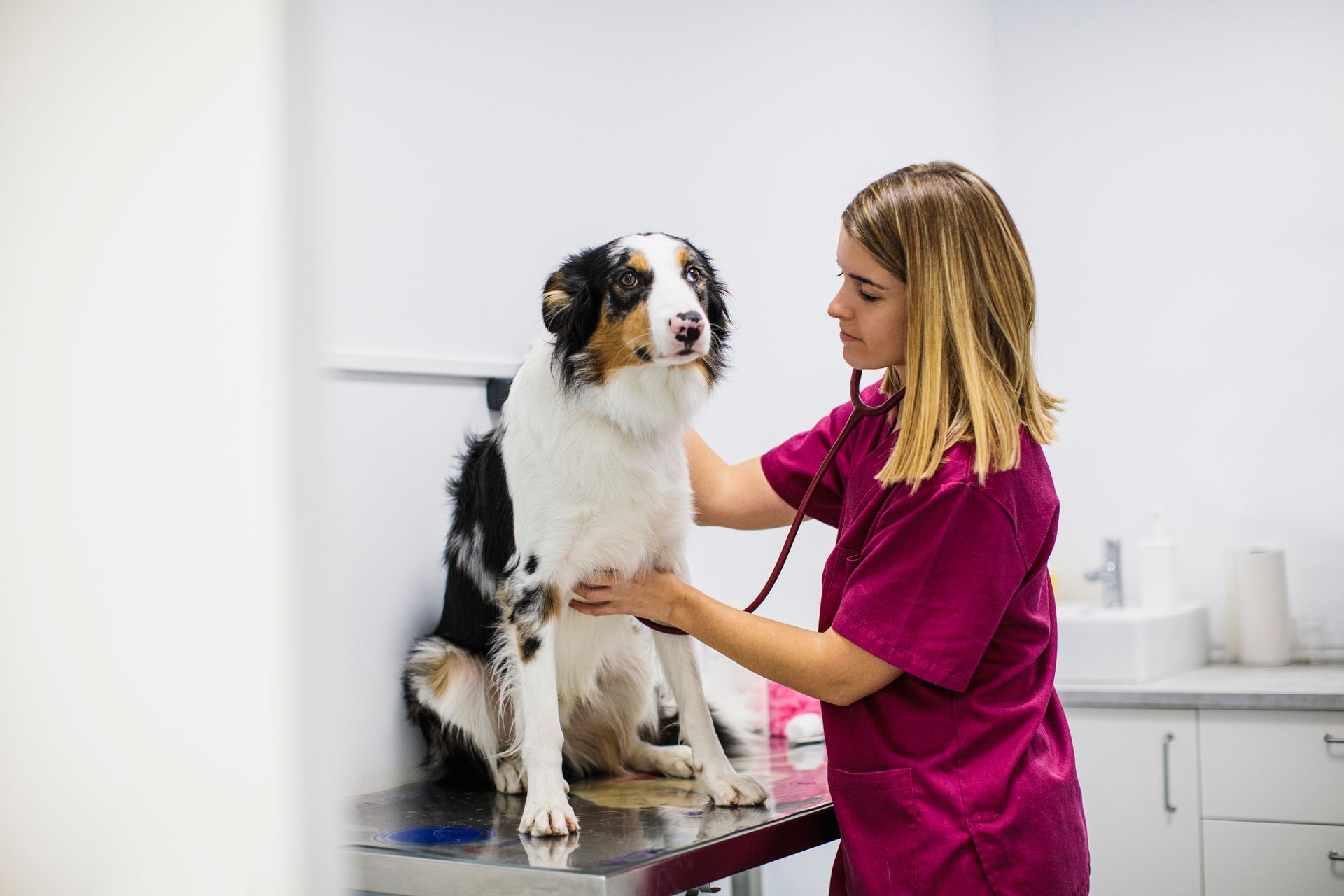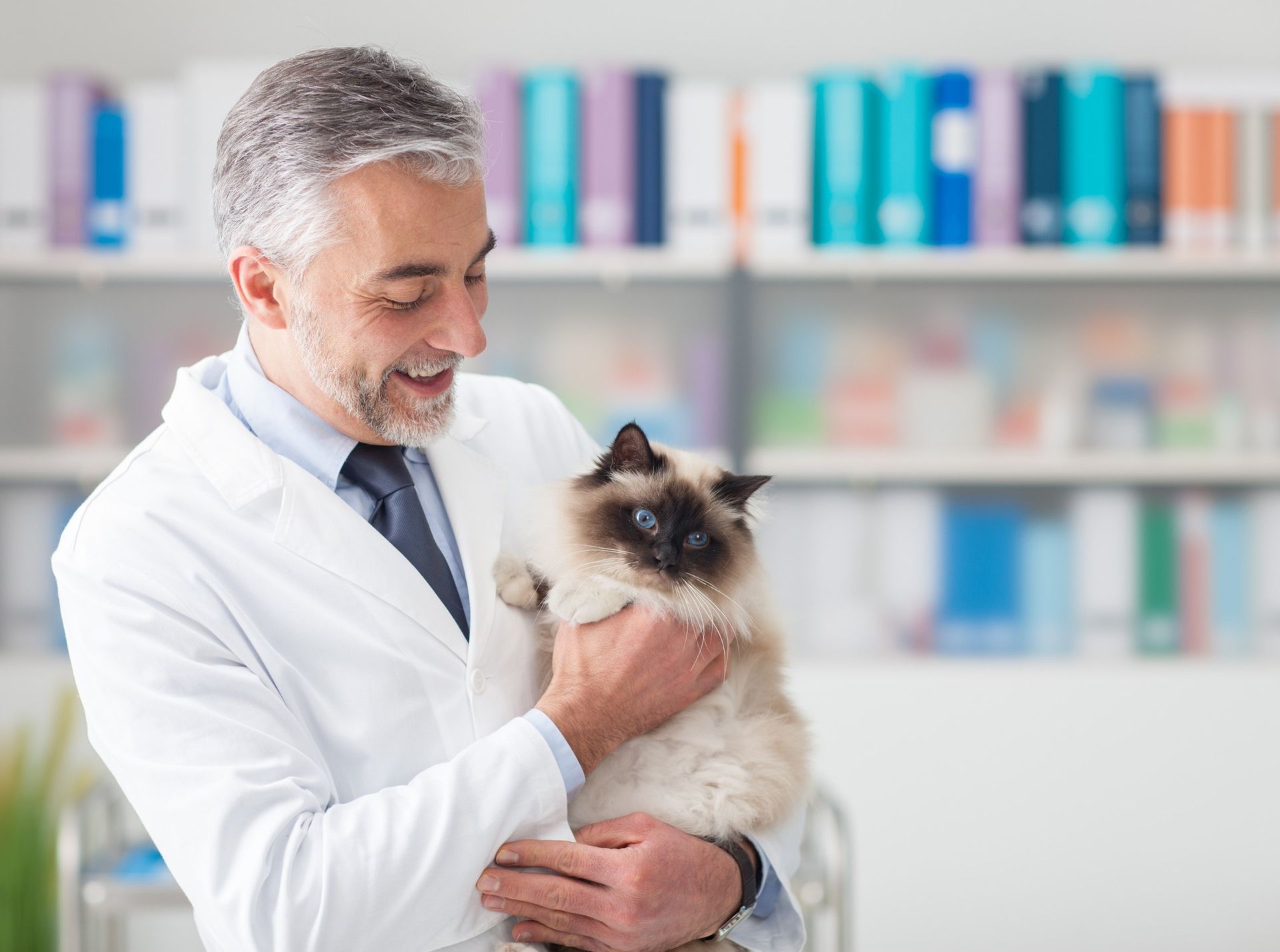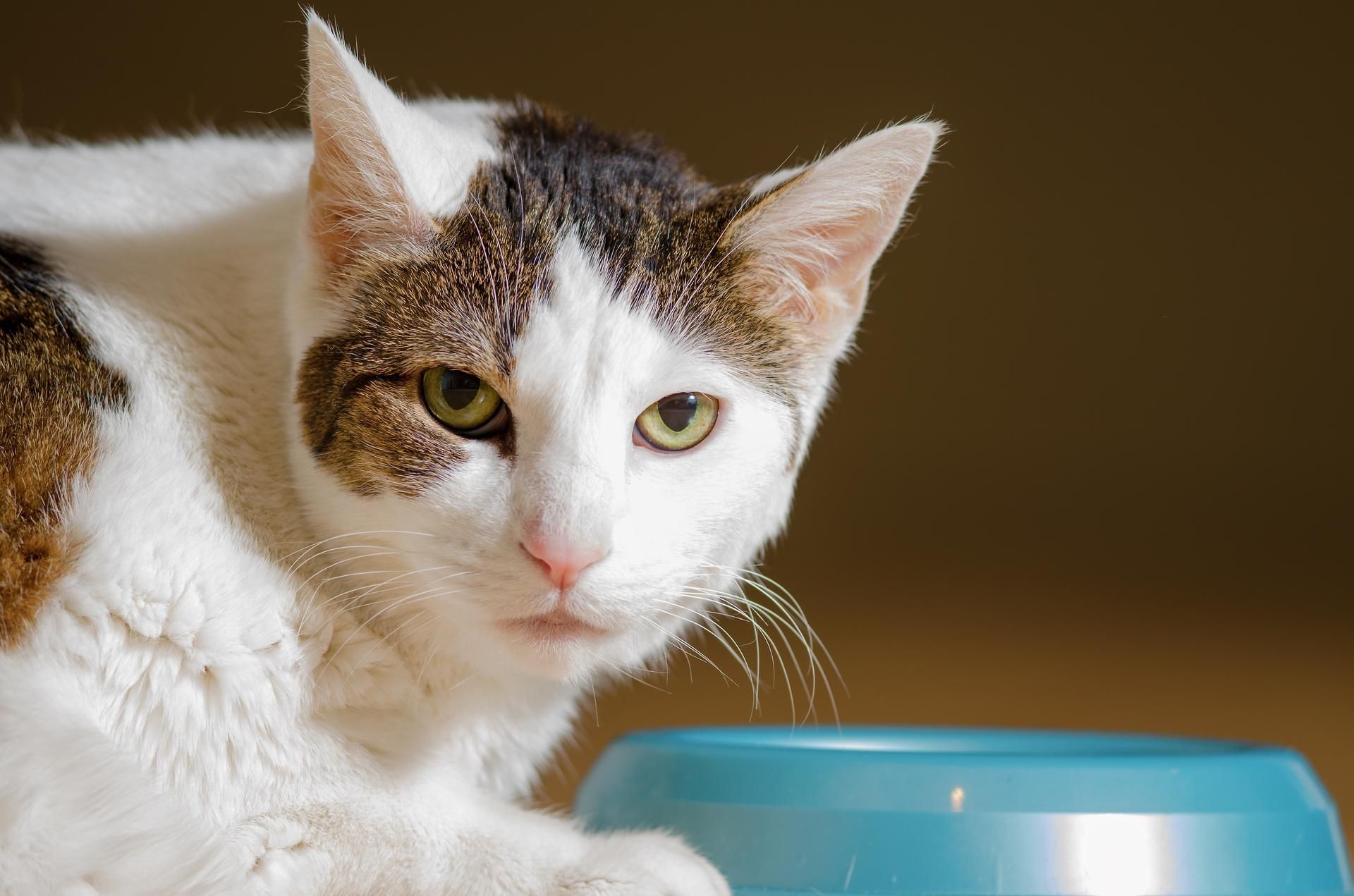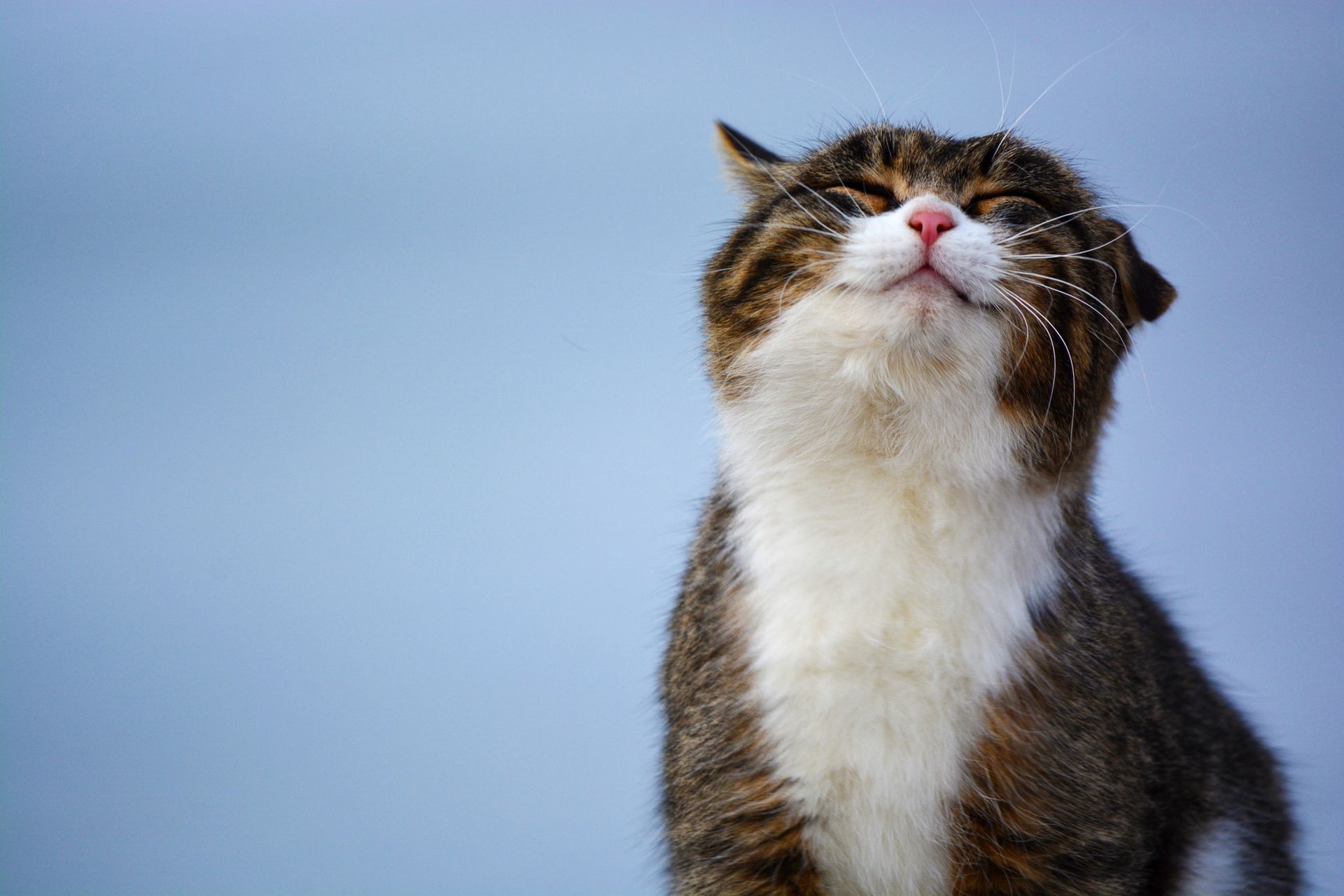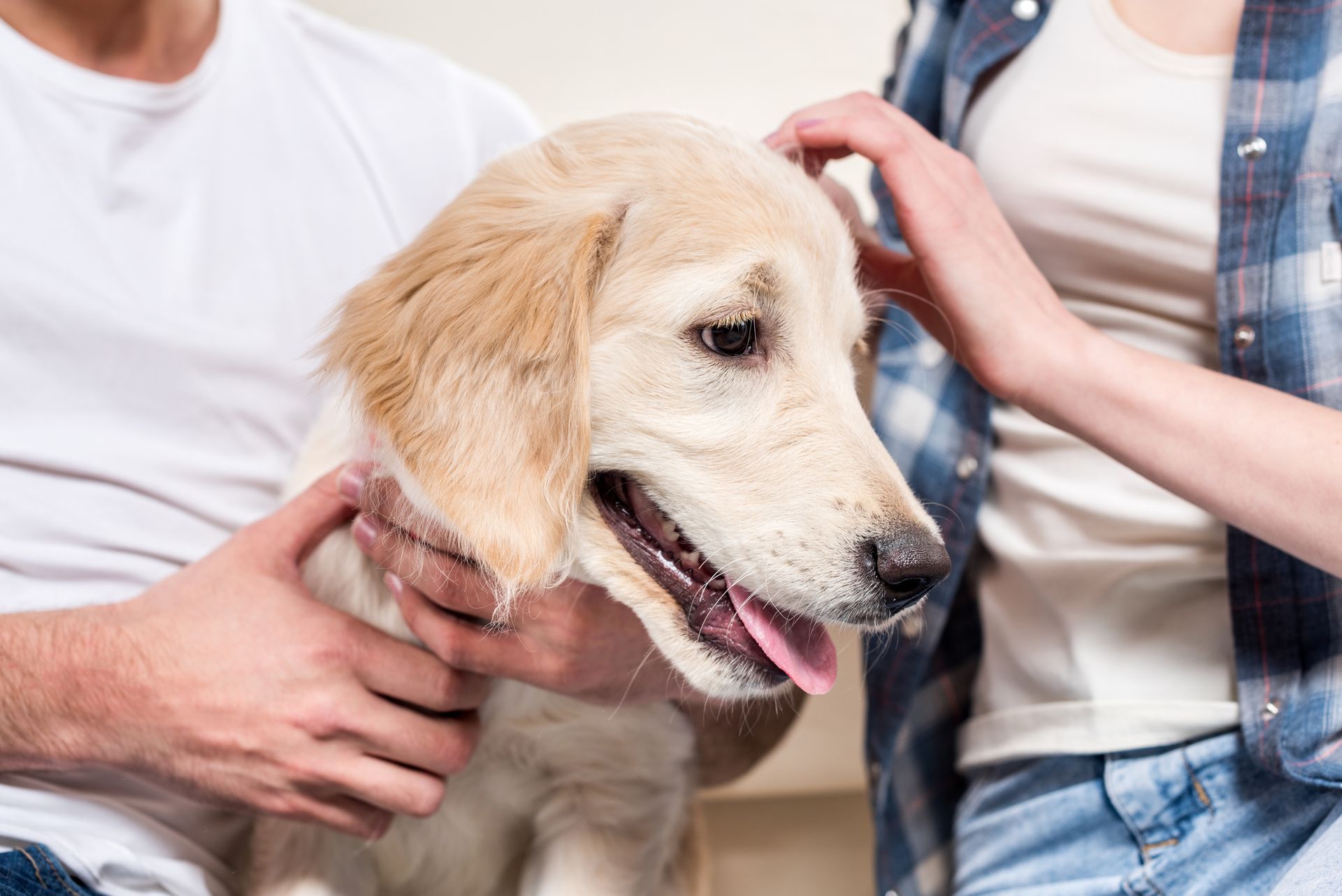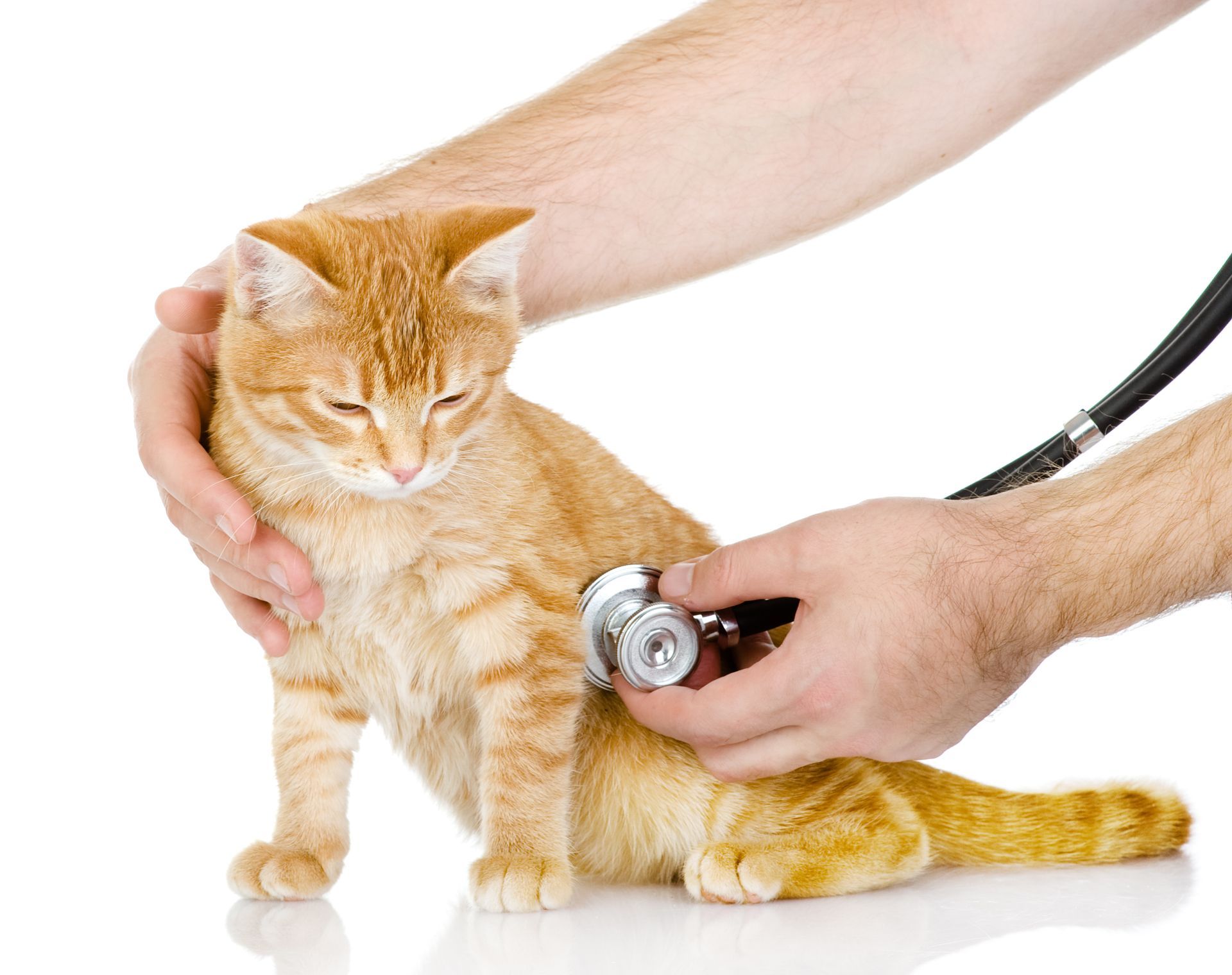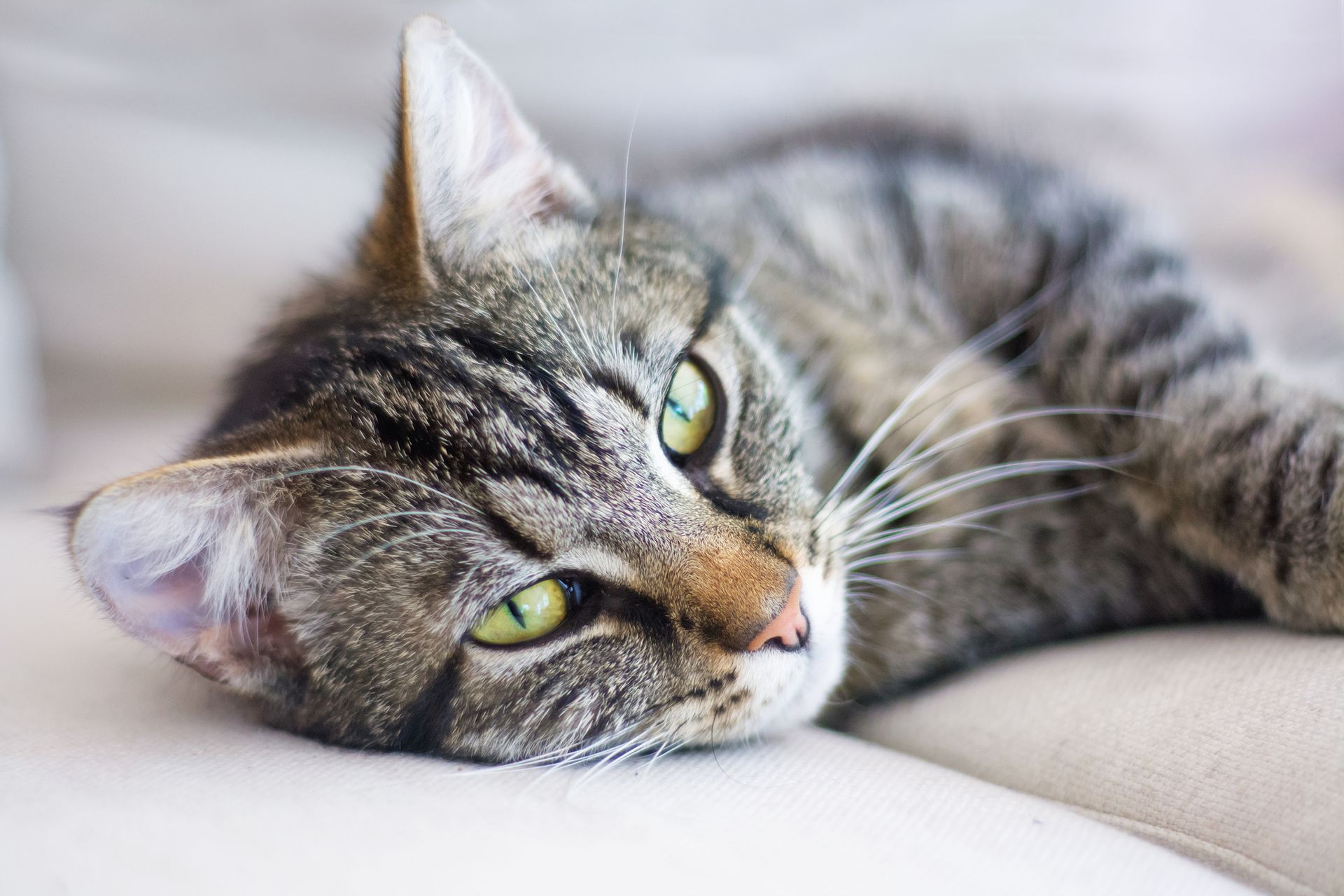Understanding Feline Family Planning: A Cat Owner's Guide To Recognizing Pregnancy
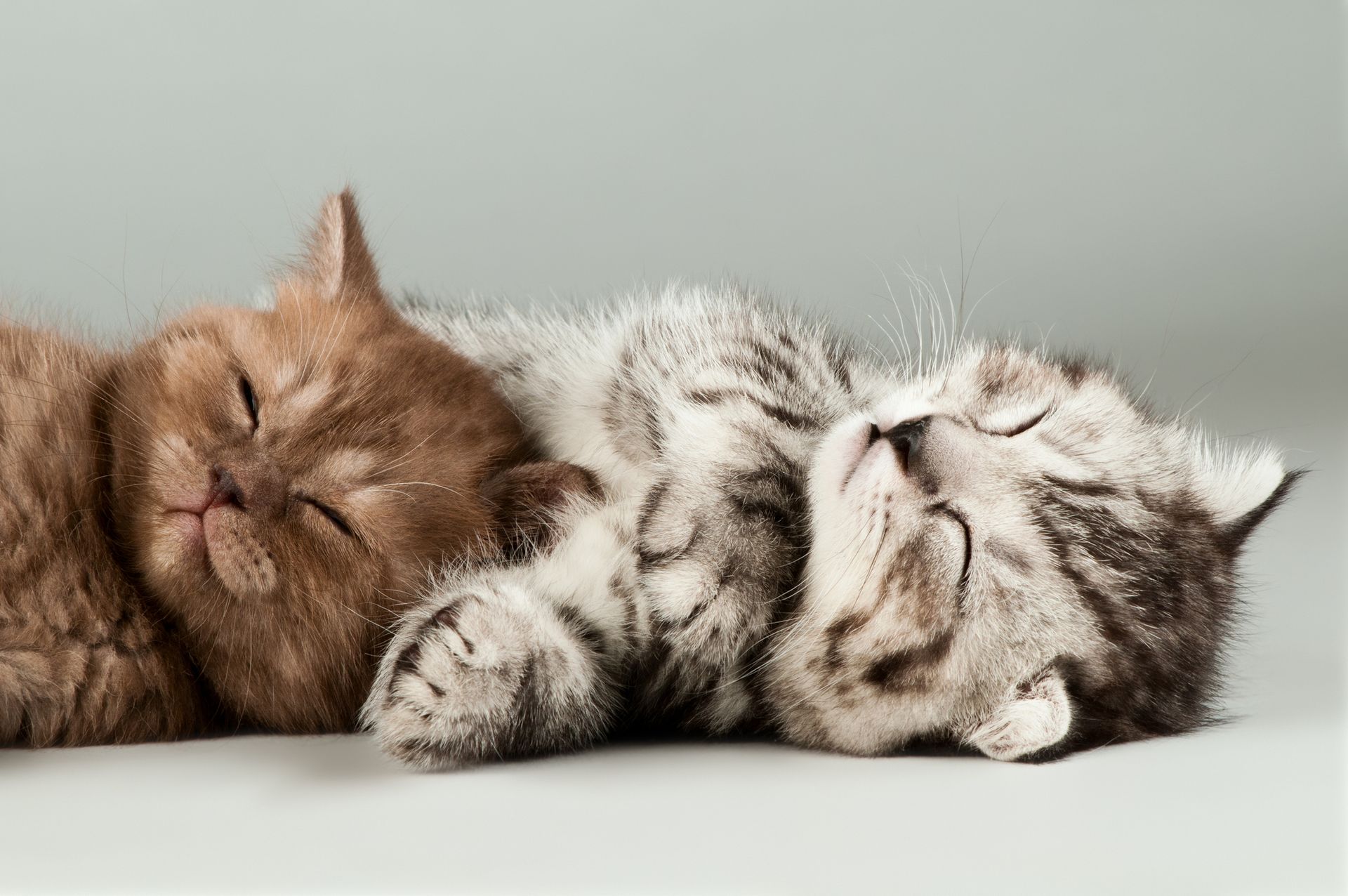
Welcoming a litter of kittens into your home is an exhilarating prospect, but it requires attentive care and recognition of the early signs of feline pregnancy. As a cat owner, identifying these signs early on can ensure your soon-to-be mama gets the care and comfort she deserves.
While it's not always easy to tell when our furry friends are looking to expand their family, several indicators will give you a pause for thought. Here, we'll uncover the subtle and not-so-subtle cues that may suggest your cat is expecting, preparing you to support her during this critical period.
Physical Changes: Watching the Body Grow
Feline pregnancy spans about 9 weeks, and during this time, your cat's body will manifest several physical changes, reminiscent of those in human expectant mothers.
Weight Gain
One of the most recognizable signs is a gradual increase in your cat's weight. Visible after a few weeks, a pregnant cat's abdomen will expand as the kittens grow. You may also notice that her sides will thicken and, from a top-down view, her figure might shift from an hourglass to a fuller, more rounded shape.
Enlarged Nipples
Around the third week of pregnancy, a cat's nipples will become pinker and slightly swollen. This change, known as "pinking up," occurs due to increased blood flow in preparation for nursing.
Swollen Abdomen
As the pregnancy progresses, the mother's belly will become more prominent. It will feel firmer than usual as her uterus expands to accommodate her growing brood. Palpating the abdomen gently can detect this change, but always do so carefully to avoid injury to the developing kittens.
Behavioral Changes: Nurturing Instincts Unveiled
As soon as your cat's maternal instincts are triggered, her behavior will begin to shift, signaling the onset of pregnancy.
Increased Affection
Many cats become more affectionate during pregnancy. Your typically aloof companion may seek more frequent attention and petting. She might also become more sensitive to her environment and desire a calm, quiet space in which to gestate.
Nesting Behavior
At around the sixth week of pregnancy, you might notice that your cat is exhibiting nesting behavior. This could include rearranging her sleeping area, searching for secluded spots, or even creating a 'nest' out of blankets or clothes.
Restlessness or Seclusion
In contrast to the urge to nest, some cats may become restless during the pre-labor stage, while others may prefer seclusion. This behavior can be a sign that labor is imminent, so it's best to have a birthing area set up for her as she approaches her due date.
Changes in Eating Habits: Catering to New Cravings
A pregnant cat's appetite can fluctuate dramatically. It's important to observe any changes since proper nutrition is vital for her health and the health of her kittens.
Increased Appetite
Many pregnant cats experience a significant increase in appetite. They may need to eat more to nourish the growing fetuses. Feeding her a diet specially formulated for pregnant cats or kittens can ensure she gets the extra nutrients she needs.
Changes in Food Preferences
While some pregnant cats become pickier eaters, others will chow down on anything in sight. She may prefer certain flavors or textures, so offer a variety of foods to keep her interest piqued.
Frequent Snacking
You may notice your cat eating smaller meals more often. Frequent, smaller portions may be more comfortable for her as her abdomen becomes increasingly crowded with developing kittens.
The Importance of a Vet Check-Up
The most important step you can take if you suspect your cat is pregnant is to schedule a veterinarian check-up.
Why Regular Check-ups Matter
Regular check-ups can ensure the pregnancy is progressing normally, and address any potential complications. A vet can also advise you on dietary changes, necessary vaccinations, and when to expect the birth.
Remember to be patient and supportive as your cat begins this important journey. Recognizing and responding to the signs of her pregnancy will not only benefit her well-being but also that of the kittens she carries. If you suspect that your cat may be expecting, contact Angel Pet Hospital today to schedule an appointment.


